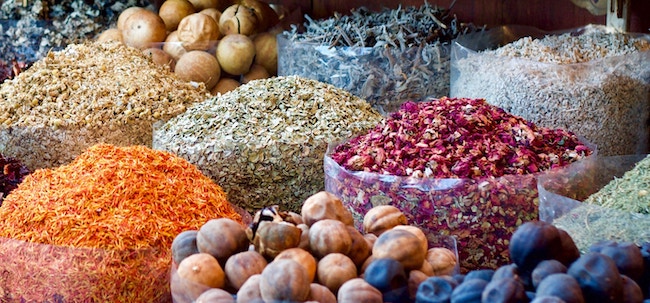Grain (of any of the five species) that took root on or after the 16th of Nisan is forbidden until after the 16th of Nisan (outside the land of Israel: the 17th) of the following year (293:1-5).
It is forbidden to derive benefit from any part of a fruit that grows on a tree during the first three years after it was planted, but other parts of the tree are permitted (see 294:1-3,8,25-26), and if the fruit is planted, fruits that grow from it (after three years) are permitted (294:12). On sales or exchanges involving the fruit see 294:13-15. In this connection the year begins in Tishrei; the 44 days preceding Tishrei (i.e., the days beginning on the 16th of Av) count as a full year and the third year then extends until the 15th of Shevat; see 294:4-5. In the land of Israel “planting” includes grafting, propagating, and (complete) replanting (see 294:16-20,22); outside the land of Israel these are not included and doubtful new fruit is permitted (294:9-11, and see 28). The fruit of a miniature tree is treated like new fruit for appearance’s sake, but if there are many such trees in one place their fruit is permitted after three years (294:21). The fruit that grows during the fourth year is treated like the second tithe (see Ch.28); when the Temple exists it must be eaten in Jerusalem or redeemed and the proceeds used to buy food in Jerusalem, but nowadays it is redeemed for a token amount (first reciting the blessing “…Who commanded us about redemption of fourth-year fruit”) and the proceeds are destroyed (294:6-7). These laws apply to fruit planted anywhere and by anyone (294:25-26), but they do not apply to trees that were planted for purposes other than using their fruit (see 294:23-24,27).
Shulchan Aruch, Copyright (c) 2000 ProjectGenesis, Inc.


